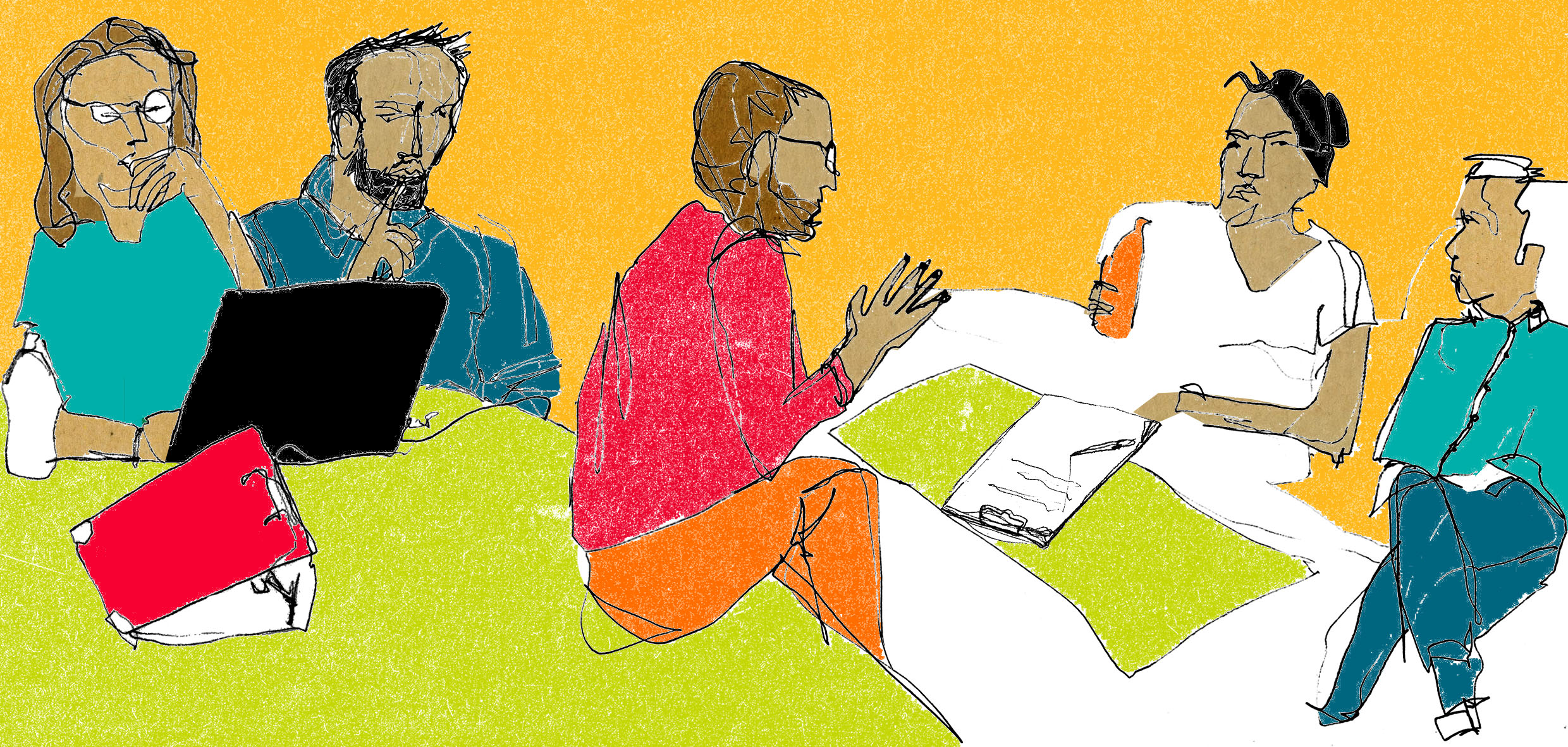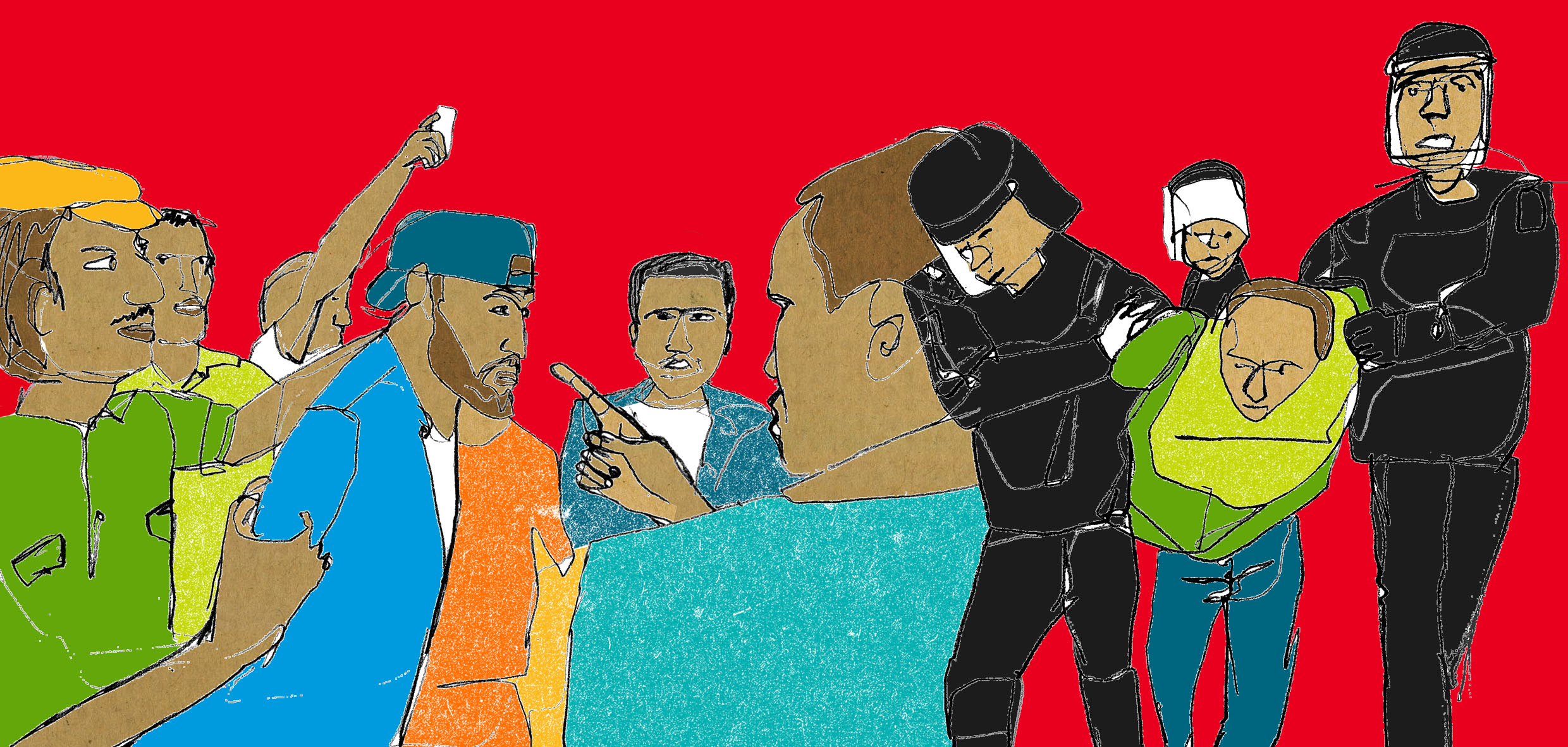Policy Briefs
Thematic Policy Briefs
These thematic Policy Briefs explore key issues related to the security and protection of human rights defenders, providing recommendations for policy-makers and stakeholders.
Wellbeing, Risk, and Human Rights Practice
Human rights defenders at risk often find it difficult to talk about their mental and emotional wellbeing, even when they are concerned about it. Cultures of human rights practice tend to emphasize self-sacrifice, heroism, and martyrdom. These norms inhibit defenders from expressing their anxieties and seeking help. How can we engage in discussions about wellbeing in human rights practice? How can we strengthen personal and collective strategies for wellbeing amongst defenders at risk?
Indonesia: Develop Formal Mechanisms to Protect Human Rights Defenders at Risk
Everyone has the right to promote and strive for the protection and realization of human rights and fundamental freedoms. Those threatened and attacked for doing so must be protected by the state through mechanisms (laws, policies, and practices) that recognize the diversity of the risks they face and respond to their needs wherever they are in Indonesia.
Available in English and Bahasa Indonesia.
Strengthening Security Training for Defenders at Risk
What do defenders at risk value about security training? How can this be done well? How does security training contribute to protection? The most valuable kinds of security training are not those that focus on top-down knowledge transfer from ‘experts’ to defenders, but which support defenders in: increasing rights awareness; conducting context analysis, stakeholder analysis, and risk assessment; developing security management practices; sharing experiences;
building networks of support; reflecting on everyday practices related to security; and adopting a multidimensional understanding of security that includes mental and emotional wellbeing.
Countering the Stigmatisation of Human Rights Defenders
The ways in which human rights defenders are perceived affect their space for work and their security. Stigmatisation is a common method of deterring them, and occurs in different ways – from name-calling, shaming, insinuations, accusations, the spreading of false rumours and lies, to smear campaigns, judicial harassment and criminalization. The negative impacts of stigmatisation can be invisible, subtle, and long-lasting; they can result in more threats and attacks against defenders and the fragmentation of communities and movements. Countering the stigmatisation of human rights defenders is critical to their security and protection, as is the promotion of the legitimacy of their human rights practice.
Families and Loved Ones in the Security and Protection of Defenders at Risk
Families and loved ones are central to the lives of human rights defenders. Drawing upon discussions with defenders from Colombia, Mexico, Egypt, Kenya and Indonesia, this brief discusses the complex ways in which families and loved ones are implicated in the security and protection of defenders at risk.
Gender, Intersectionality, and Security
Women human rights defenders experience risks that are shaped by their gender, other aspects of their identities, the types of human rights issues they act upon, and the socio-political contexts in which they operate. Some women defenders experience higher levels of societal and institutional discrimination than others; some also experience sexism and discrimination within human rights movements. This Policy Brief examines how gender and intersectionality affects women defenders’ risks, the issues they face, and their experiences of security and protection.
Note: See also the 'Summary of Findings' for each country, which provide more research data.





